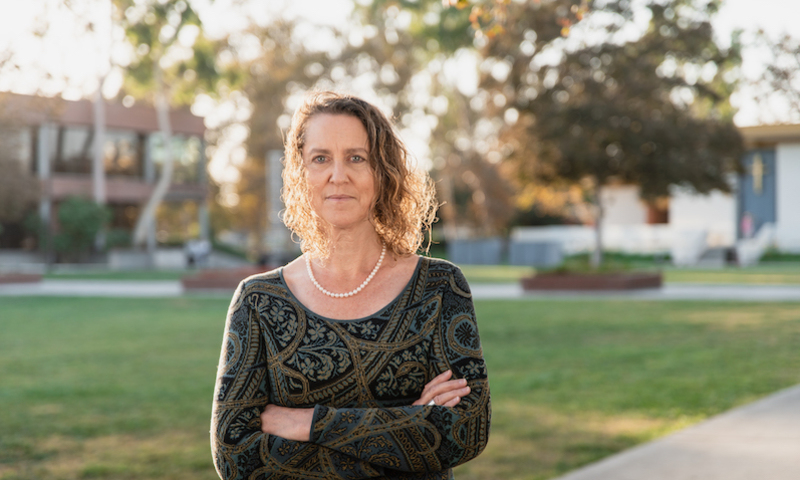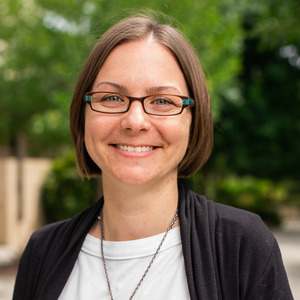What happens when the diagnosis comes — and it’s cancer? How do you make sense of it? How do you flourish in the midst of suffering?
When psychology professor Liz Hall received her cancer diagnosis five years ago, she began asking, “How do people draw on their faith to help them cope with the suffering that comes their way?”
Existing research at the time showed that people who are religious do better than people who are nonreligious because religion is a robust meaning-making system. But Hall knew religions aren’t generic.
That led her to study 30 cancer patients from a large church and interview them about how their faith helped them. Now the John Templeton Foundation has awarded Hall and her team a $1.1 million, three-year grant to further her research in a project called “Christian Meaning-Making, Suffering and the Flourishing Life.”
“One of the reasons I’m excited about the grant is that we have a major donor who isn’t explicitly Christian who is pouring significant money into a topic that is explicitly Christian,” Hall said. “It’s a legitimate way to show off a bit of what we have to offer.”
In the project’s initial stage, the researchers will replicate the first study in two different Christian groups that hold a robust theology of suffering: Catholics and historically black churches.
“Black churches were all formed during or immediately after slavery and have built a robust engagement with suffering,” Hall said. “And Catholic worship has more direct engagement with suffering through iconography and practices like the stations of the cross.”
The research team — composed of four social scientists, two theologians and one philosopher from multiple universities — will then work in cross-disciplinary pairings to identify important pieces to consider in Christian meaning-making.
In the second stage, the team will analyze data from the first stage and create measures of the construct of Christian meaning-making they can then use in the project’s final stage of research.
Finally, four studies will be conducted among four different populations experiencing suffering. They will study those who have been through a natural disaster, those with cancer, refugees who have been relocated and people who are bereaved. That portion of the study will examine how the measures created in the second stage predict people’s response to suffering.
“Ultimately, I hope this helps people who suffer,” Hall said. “Most books I was offered were so poor theologically. It has struck me how ill-prepared traditional evangelicalism is for hard things that come our way. I think that’s something we could do a lot better at.”
MILLION-DOLLAR RESEARCH
In addition to Hall’s research, the John Templeton Foundation has awarded nearly $6 million to other ongoing Biola faculty research projects.
“GRATITUDE TO GOD”
Psychology professor Peter Hill and his fellow researchers received a $4.09 million grant to study the science and practice of gratitude to God. The project will involve collaborations with UC Davis and other major research universities, as well as a book on the theology of gratitude and its role in religious life.
“THE ASSESSMENT OF CHARACTER AND SPIRITUAL FORMATION”
Psychology professor David Wang received a $1.84 million grant to study the spiritual formation of seminary students. Working with a diverse group of 18 North American seminaries, this study seeks to create an assessment to track an individual’s change in character and spiritual development over time.
Photo by Natanael Cho
 şÚÁĎŔúĘ·
şÚÁĎŔúĘ·




